There has always been controversy with content that is added to a game AFTER its release as many now believe that it is a part of the experience that is purposely cut out and then sold for a modest price on top of the price you just paid for the game.
I took it upon myself to do some research on this practice, both this and microtransactions can unfortunately be considered one of the most important leaps in gaming as an industry, allowing companies to no longer just earn per copy sold, but to have extended their revenue potential for many years to come.
Let's start with the DLC which seems to me to be the most interesting case.
Once upon a time... in video games
The titles that were released came complete, and with good reason as the devs had no tools to update their games, so there was a certain pressure to make the best games, adding extra content, fixing bugs and making sure the user bought the game.
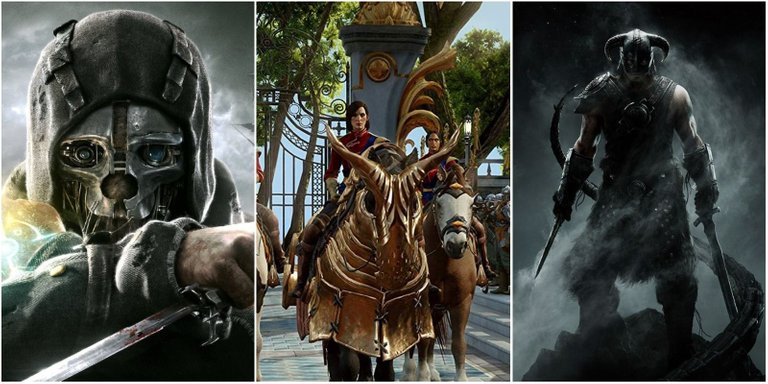
Until the internet and fast connections came along, more and more studios could afford to go online and it didn't take long for the question to be asked: is it possible to offer content to online gamers?

Of course there are some precursors to this idea on consoles such as the Sega Channel which allowed you to download both current and classic games from the company via a subscription similar to paying for cable.
But this was different, in the early 2000's the studios were clear that they wanted to offer new experiences as well as patches or updates to fix bugs in the game.
(who knew the latter would become the norm)
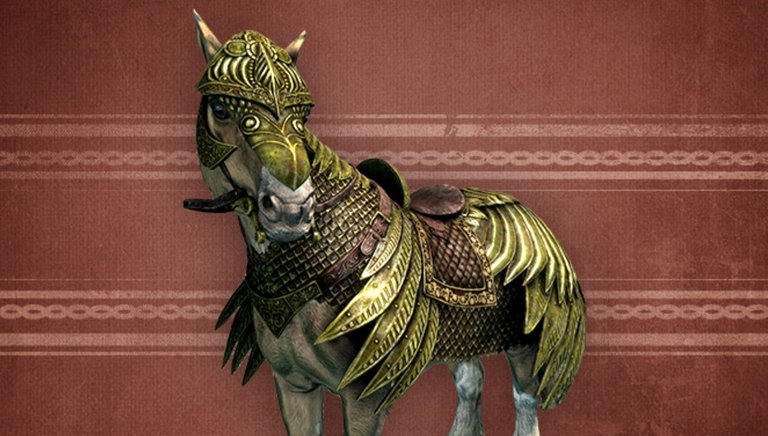
The thing is that dlc's boomed at the same time as another popularly negative measure, microtransactions, and it all started with the release of the image above, a horse armor in Skyrim that our friends at Bethesda added to the game in 2008.
and sold it for $11.99, a piece of armor
was a hit
Not without many mocking Bethesda for greed and overpricing, today we see much more expensive skins but this simple act and the impact it had gave an initial sketch to other studios to implement.
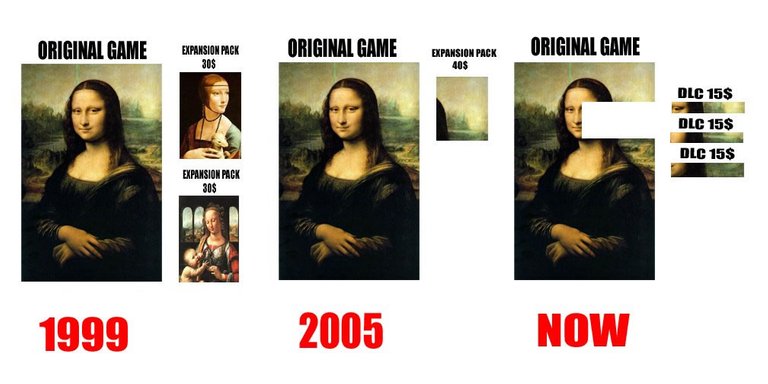
Several gaming communities expressed their disagreement to this new content, in its first years it was limited to small improvements or adding new missions to certain games as well as maps or skins.
but this also added another problem, the fragmentation of players, the dlc's divided the fanbase between those who had these contents and those who didn't, generating situations where some users had more access to certain contents than others.
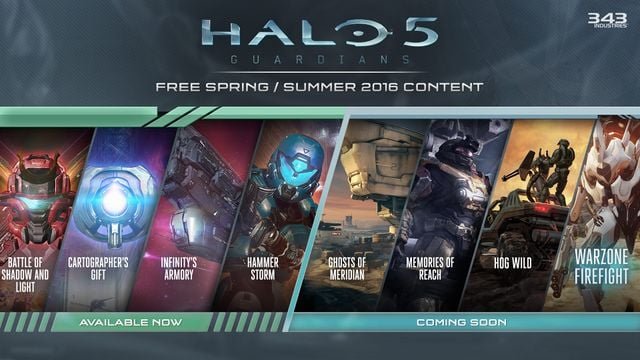
Money always talks, studios made huge profits never seen before in the industry, before even studios that could be considered successful were just one bad game away from going bankrupt.
or even if sales didn't help or there was bad management your studio was much more fragile and likely to close or merge with another developer.
DLC had the power to stabilise many studios and allow them to continue to monetise their work even after it had left the shelves, this was only boosted by the rise of digital game purchases.
And it's not all negative! at the beginning it did seem like a strategy where this only worked to include small improvements to gameplay but several teams saw the potential to include entire sections, new stories and even gameplay mechanics, I remember several dlc that were worth their price.
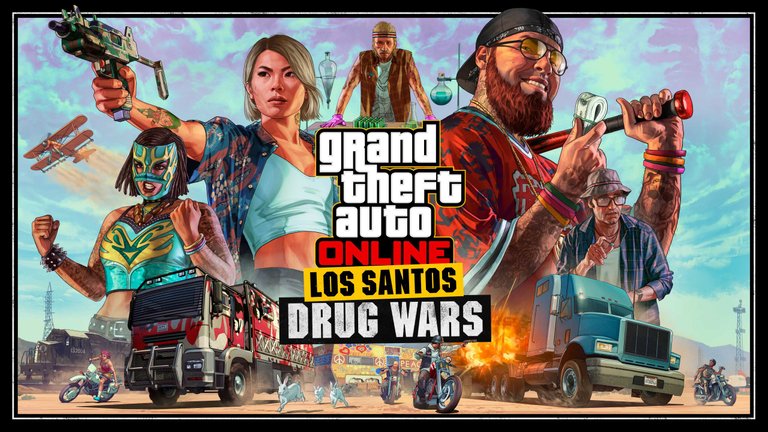
It's thanks to dlc and microtransactions that many of the current studios at the top are some of the most coveted and profitable companies in the world, just the example of Call Of Duty makes other industries shudder with the potential for a good franchise to monetize their games.
from then on everything seems to have derived in selling us something separately in each game, Bethesda are the ones that come to my mind with service experiences like Fallout 76 where besides buying an incomplete game and full of bugs for 60$ you also have a lot of add-ons and can stretch the game to more, much more than 1000$.
so basically the video game and gaming industry has become the same as the ones that sell alcohol or run casinos.
they take advantage of a small number of users to charge them as much as they can and get those positive numbers in many cases.
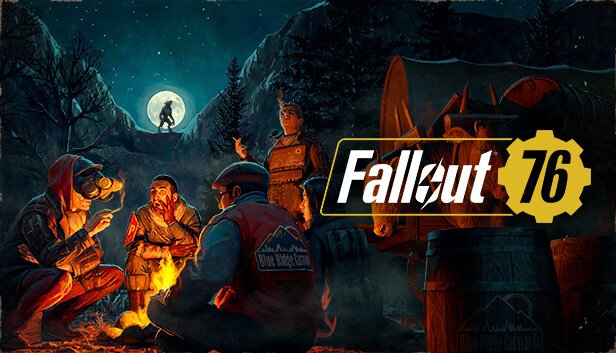
everything has its balance, both the negative and the good, I don't think the dlc has justified the earthquake it brought to gaming, not yet although if the devs have the audacity and know how to manage their audience they will eventually find that making good content will always bring its benefits.
All yours, @slashint - Gamer, Video Game Analyst.
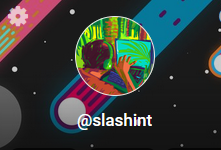
No idea why so few votes as the post is of quality.
Curated by the Principality.
ItharaGaian
Principauté du Bastion (@hive-143869 Community)
Sélection Manuelle